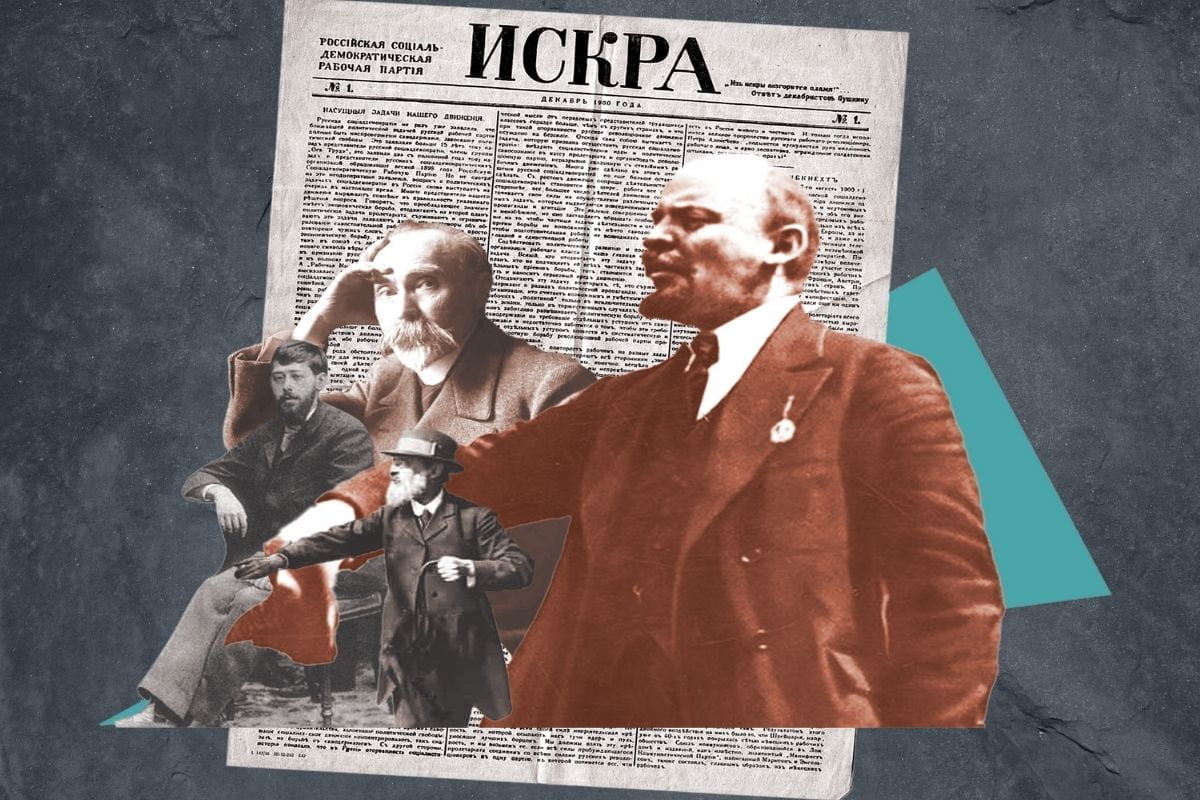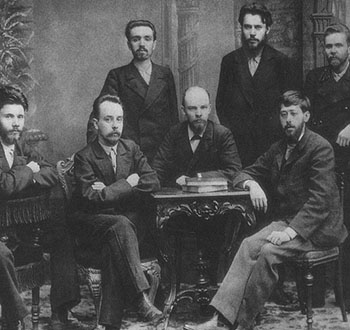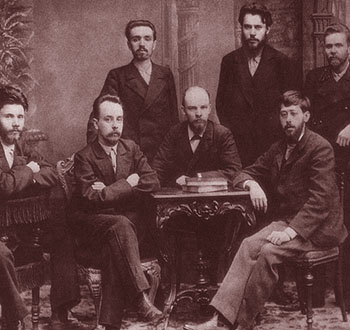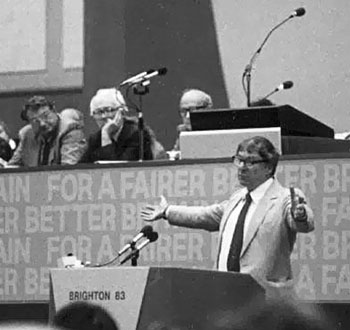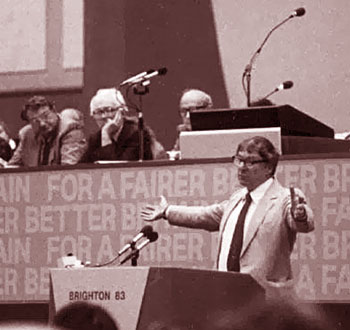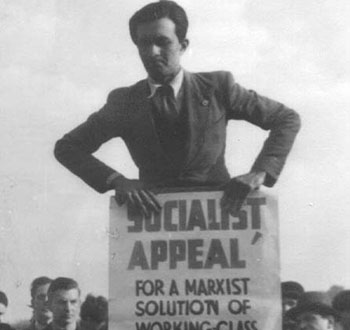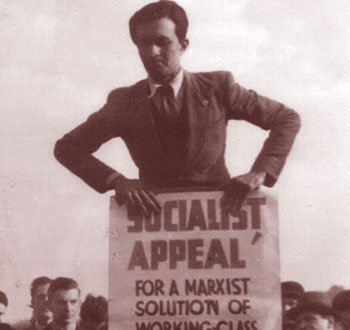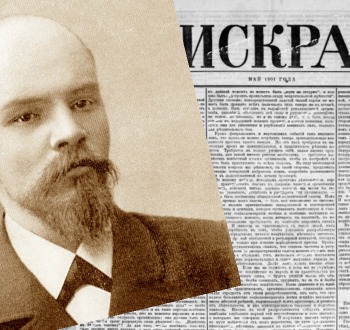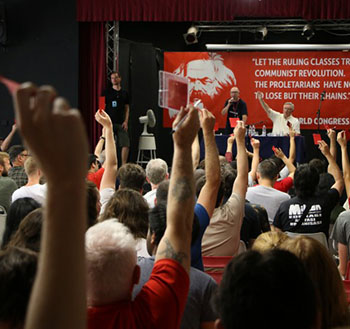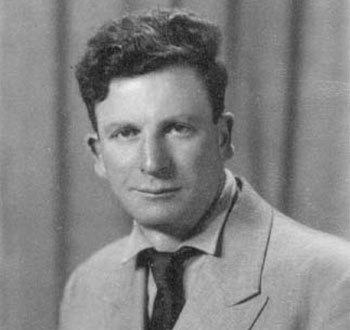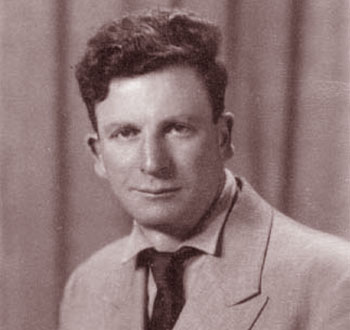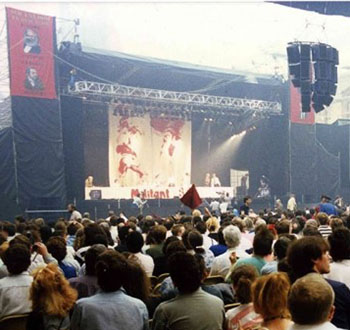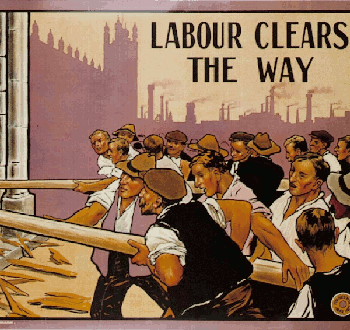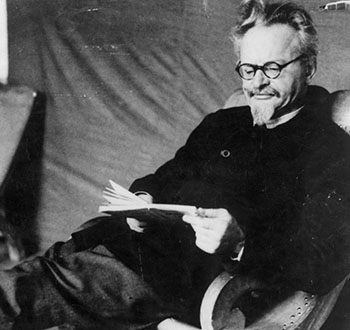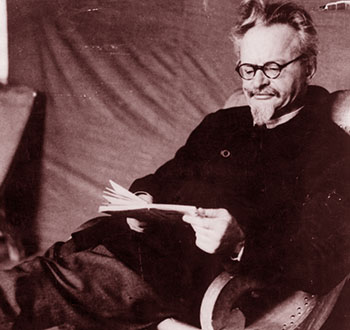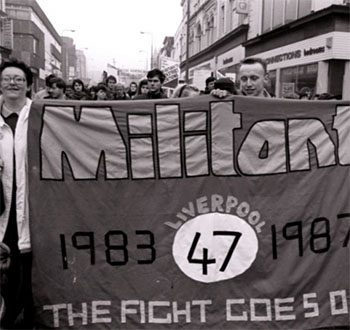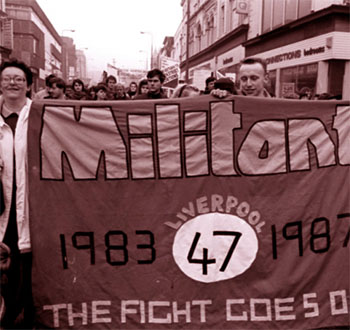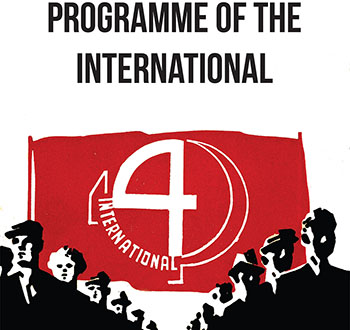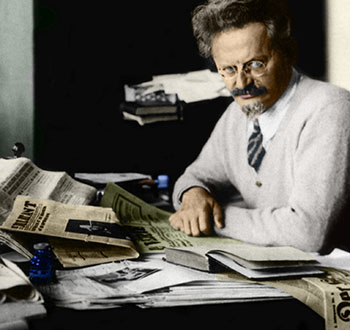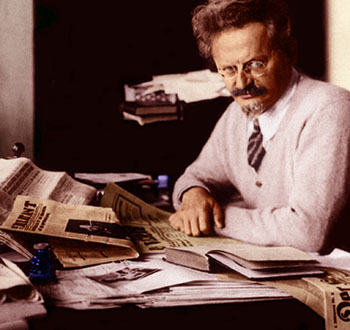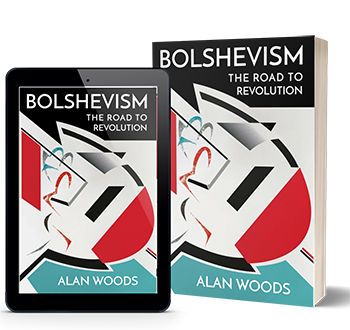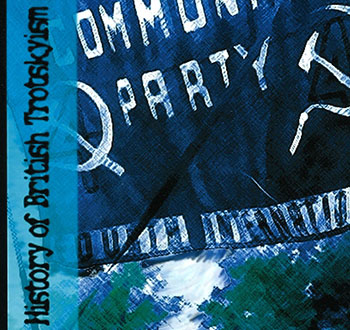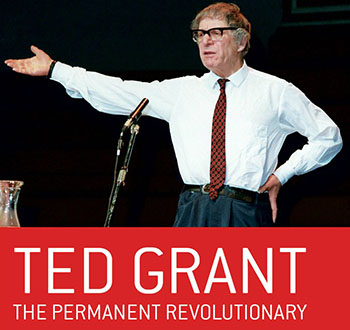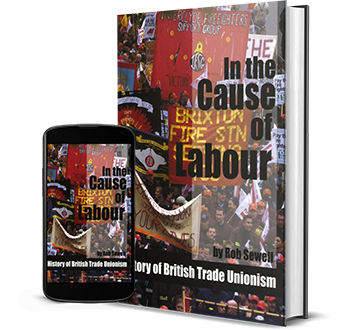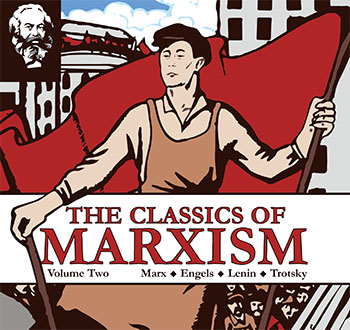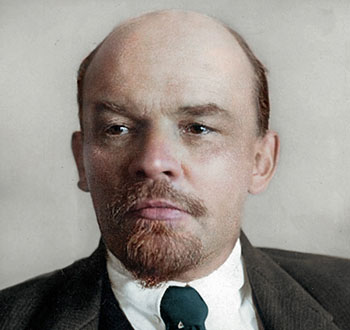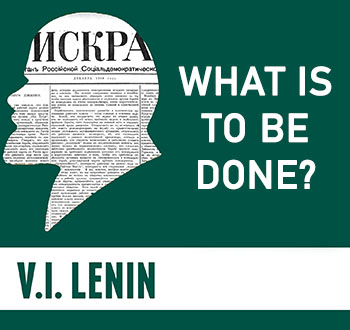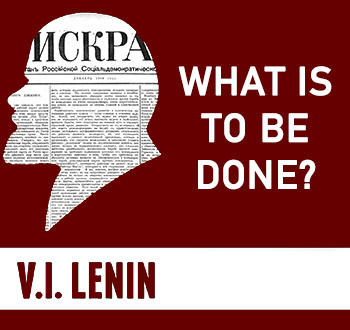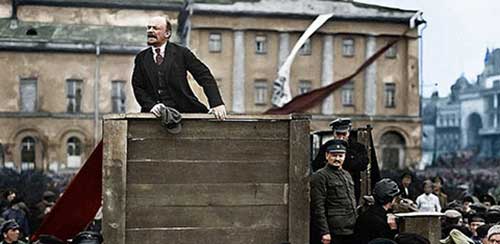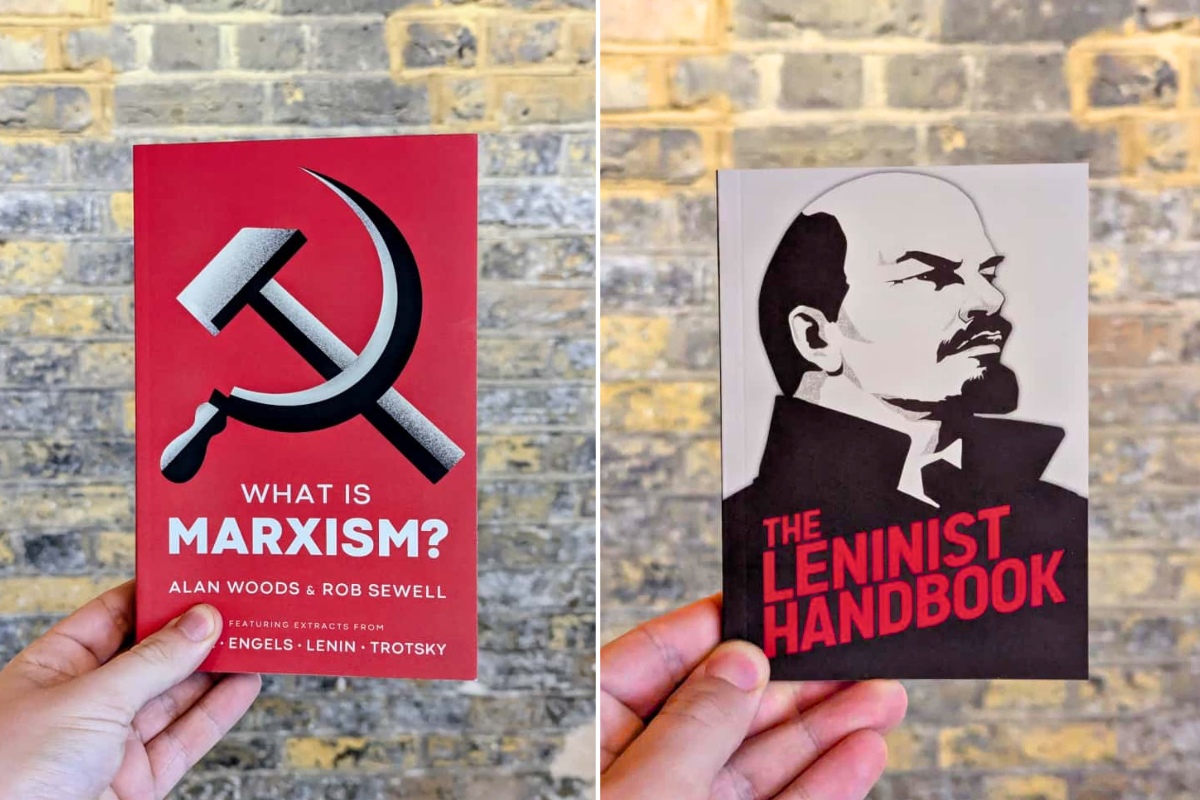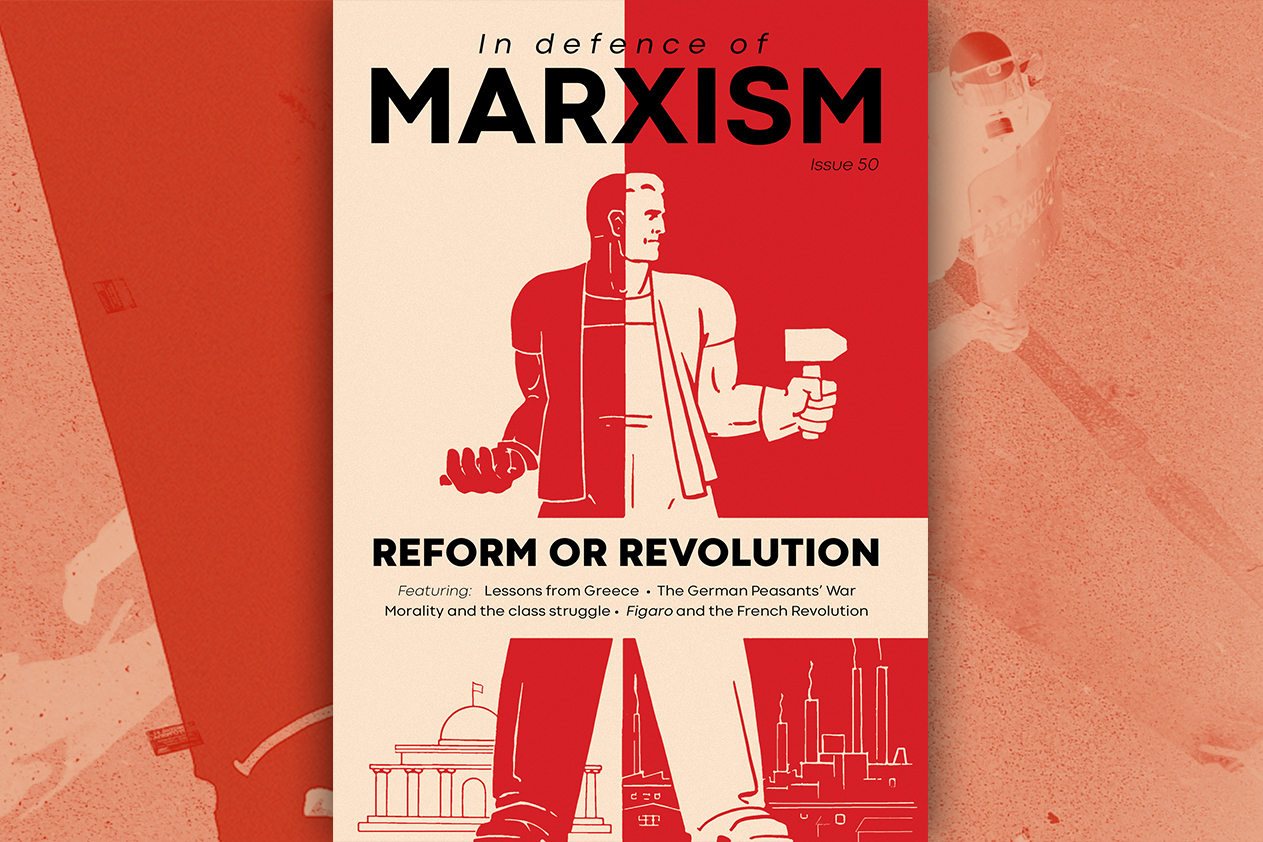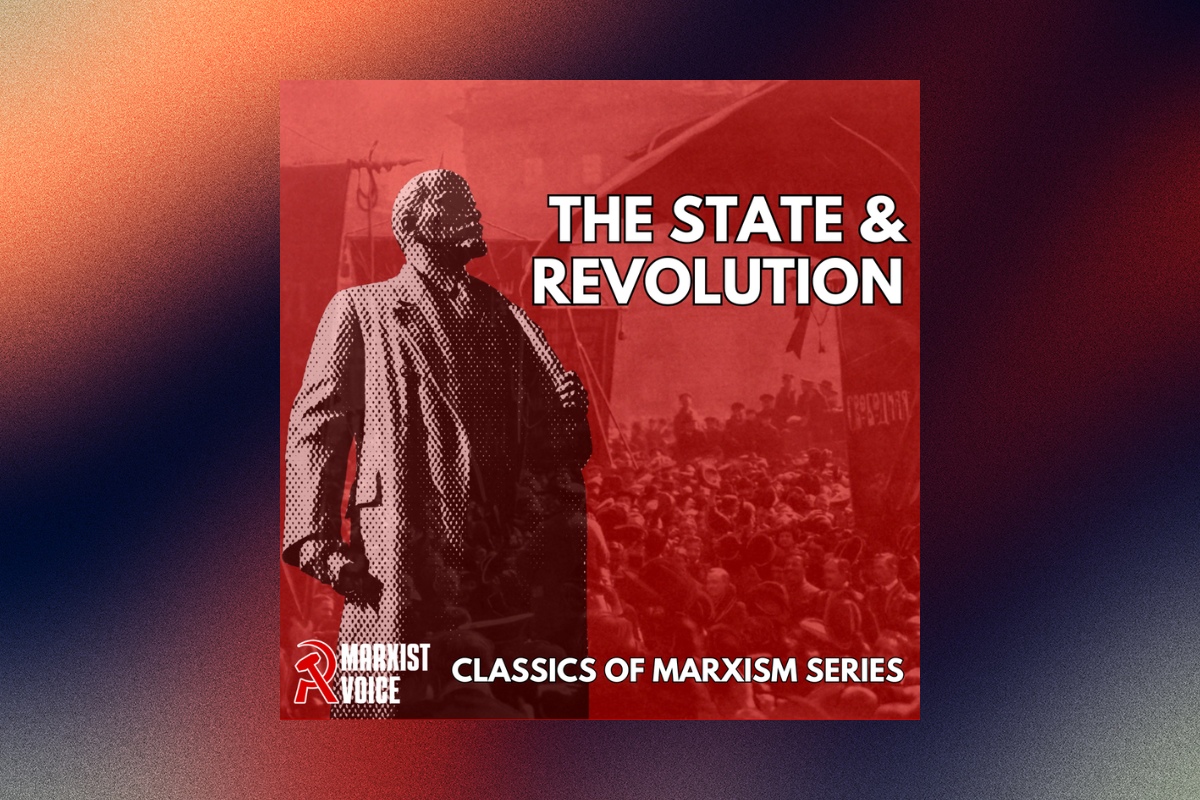The Revolutionary Communist International is fighting for world revolution. Our aim is to spread the ideas of Marxism, in an organised fashion, amongst workers and young people.
Only the working class has the ability to change society, because of the central role they play in production and their shared interest in establishing socialism.
However, we must carefully study the history and traditions of the working class in order for Marxist ideas to connect with them. There are all too many groups who simply declare themselves the vanguard of the working class, and have a dismissive attitude to the class’ real traditions.
In this section readers will find a series of articles explaining our position on the class struggle in Britain; the key points in the history of the working class and the lessons to be learnt from them; and the strategy of the Marxists in relation to the movements of the masses.
Learn the basics
Marxist classics
& books
How can we reach the masses? This question has been at the center of revolutionary debate since the birth of the socialist movement.
On the 40th anniversary of the publication of the first edition of the Militant (October 1964), Ted Grant comments on the perspectives the comrades had at that time.
Rob Sewell examines the origins of Trotskyism in Britain, and Trotsky's struggle to defend the clean banner of Lenin against the growing bureaucratic reaction within the USSR.
Lenin's famous call to arms makes the case for a disciplined revolutionary party, organised around an “All-Russian” political newspaper.
In-depth analysis
Marxist classics
& books
Opportunism and sectarianism are two sides of the same coin. Both must be combated if the program of revolutionary Marxism is to become a mass force.
Ted Grant explained repeatedly that when the masses move politically, they will move through their traditional organisations. What then is the role of Marxists?
From a miniscule group with no resources, Militant became the most successful Trotskyist tendency in Britain. How?
If Marxists are going to influence the workers’ movement, they must participate in the real movement, and go through the experience alongside the workers.
In times of boom, the tops of the trade unions tend to get closer to the bosses, and the capitalists can use the union leaders to achieve some kind of truce.
The recent dispute in the CWI, as in 1991 in reality centres around prestige politics, a highly pernicious tendency that is invariably fatal in a revolutionary organisation.
A sharp criticism of the sectarianism of the leaders of the Fourth International after Trotsky’s death and the Marxist approach to the events of the day.
“In the face of the strictly centralised and disciplined power of the bourgeoisie there must be a no less centralised and disciplined power of the proletariat.”
Marxist classics & books
Marxist classics
& books
This book is a comprehensive history of the Bolshevik Party, from its early beginnings through to the seizure of power in October 1917. Available from Wellred in paper copy and as an ebook.
This book by Ted Grant is a unique contribution to the history of British Trotskyism. A postscript by Rob Sewell brings its history up to date. Available from Wellred in paper copy and as an ebook.
This book traces the rise and fall of Militant. It provides a fascinating insight into a subject that remains a closed book to most political analysts even now. Available from Wellred in paper copy and as an ebook.
A history of the British working class, aimed especially at class-conscious workers seeking an answer to the ills of the capitalist system. Buy as paper copy or as ebook.
In “Left-Wing” Communism we have Lenin’s exposition of the necessity to combine theoretical firmness with tactical and organisational flexibility in order to win the masses. Available from Wellred as part of The Classics of Marxism: Volume Two (also as ebook).
Lenin in 1904 made a careful study of the minutes and resolutions of the Second Party Congress, of the speeches of each of the delegates and the political groupings at the Congress, and of the Central Committee and Party Council documents. The book evoked fury among the Mensheviks.
Lenin uses this book to explain the necessity of creating a centralised group of professional and dedicated revolutionary cadres before the “times of explosion and outbursts.” Available from Wellred in paper copy and as an ebook.
Audio & Video
Marxist classics
& books
Alan Woods speaking on the subject of the history of the Bolshevik Party, at a Marxist School of Socialist Appeal in London.
Fred Weston talks about Karl Marx and the attempt of building the first international Workers' Party. This talk about the early days of the ideas of scientific Socialism highlights invaluable lessons for revolutionaries today.
Daniel Morley discusses the question of revolutionary insurrection, examining how Marxists approach the question of the seizure of power and looking at the example of the October Revolution.
The IMT traces its roots all the way through the First, Second, Third and Fourth Internationals. In the postwar period, there was a general retreat by the forces of genuine Marxism, and the left was dominated by the distortions of Stalinism and reformism.

